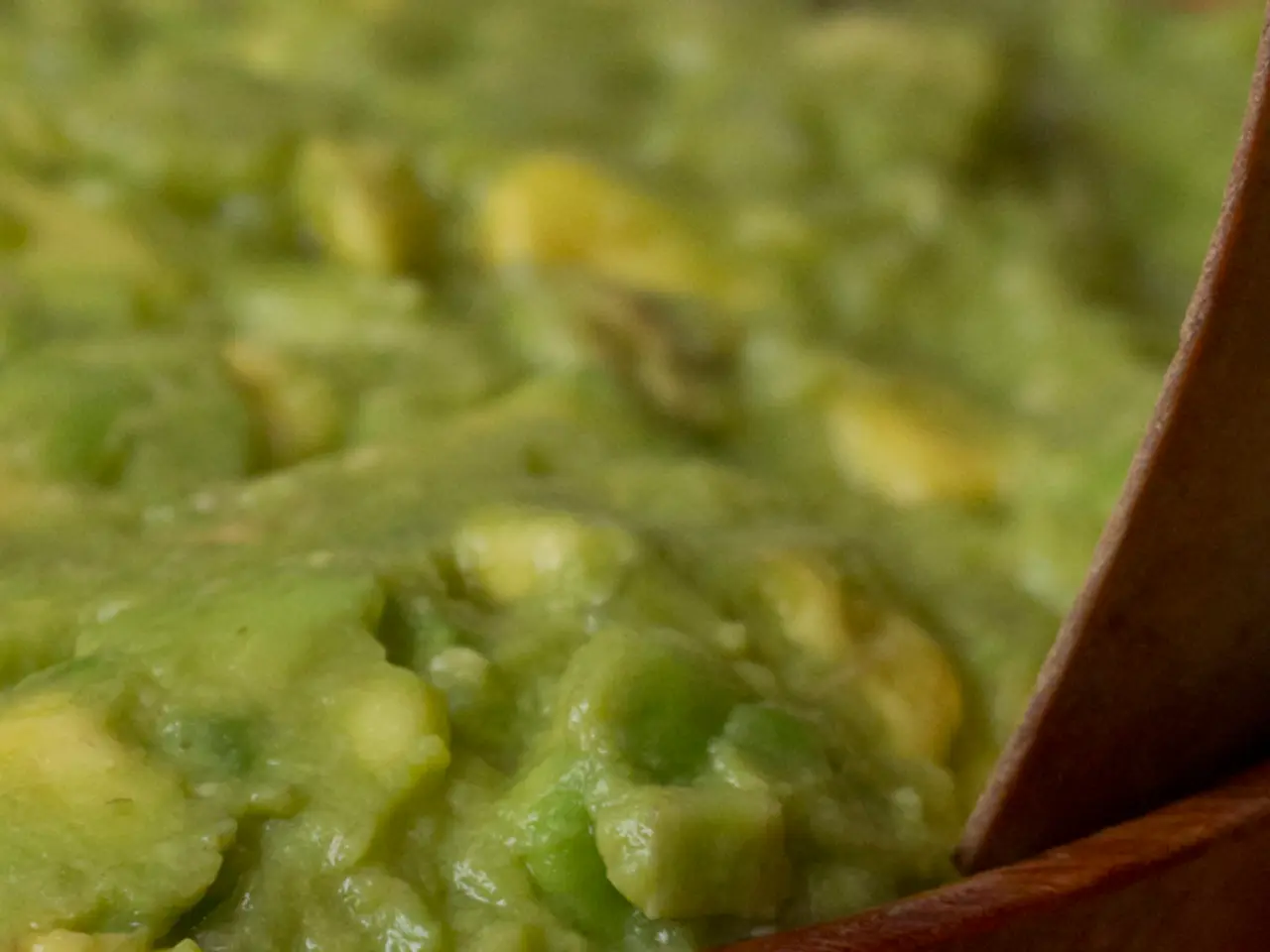Junk food linked to lung cancer in non-smokers, suggests new research
Ultra-Processed Foods and Lung Cancer Risk
A new study published in the journal Thorax has found a potential link between consuming high amounts of ultra-processed foods (UPFs) and the development of lung cancer.
The study, which tracked over 100,000 American adults with an average age of 63 over a 12-year period, recorded 1,706 cases of lung cancer. Researchers found that those who consumed the highest amounts of these foods (around three servings per day on average) had a 41% higher risk of developing lung cancer compared to those who consumed the least.
UPFs, such as ice cream, fried foods, white bread, cakes, pastries, salty snacks, instant noodles, soft drinks, sweetened fruit juices, hamburgers, hot dogs, and pizza, undergo multiple industrial processes and contain numerous additives, preservatives, and flavor enhancers. They are often ready-to-eat or heat, and constitute over half of the average diet in Western countries like the US and UK.
Dr. Sam Hari, a thoracic radiologist at Royal Free Hospital in London, noted that one in four lung cancer cases occur in non-smokers. He emphasized the importance of exploring other contributing factors beyond tobacco use in the development of lung cancer.
While the study did not control for smoking intensity, a variable that could influence outcomes, the researchers emphasized the broader implications, stating that reducing the global intake of highly processed foods could contribute to reducing the burden of lung cancer.
However, experts emphasize caution in interpreting these findings. Dr. Hari underlined that the potential role of diet, including UPFs, in immune function and cancer biology is a plausible avenue for future investigation. Yet, the studies controlled for smoking only crudely, leaving open the possibility that some of the association between UPF intake and lung cancer risk is confounded by smoking-related factors.
In summary, while the study suggests a link between high UPF intake and an increased risk of lung cancer, more detailed studies are required before firm public health recommendations can be made strictly on this basis. Nonetheless, the potential role of diet in lung cancer epidemiology is an important area for further research.
[1] Thorax, [2] FAO and WHO, [3] European Journal of Cancer Prevention, [4] BMJ Nutrition, Prevention & Health
- The study published in Thorax highlights the need to examine the relationship between medical-conditions like lung cancer and science areas such as health-and-wellness, particularly focusing on diet, especially ultra-processed foods (UPFs) like ice cream, fried foods, and soft drinks, which contain numerous additives and preservatives.
- As an extension of this research, it would be prudent for organizations like FAO and WHO and journals such as European Journal of Cancer Prevention and BMJ Nutrition, Prevention & Health to further investigate the impact of nutrition and UPFs on cancer, including lung cancer, to develop evidence-based health-and-wellness guidelines for the public.




